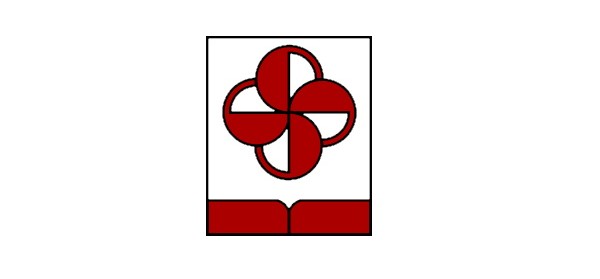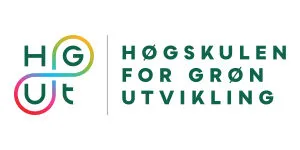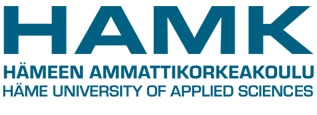Latest News
Find out the latest news and developments from our ProGeen-Project, which is shaping the future of European agriculture through innovative education.
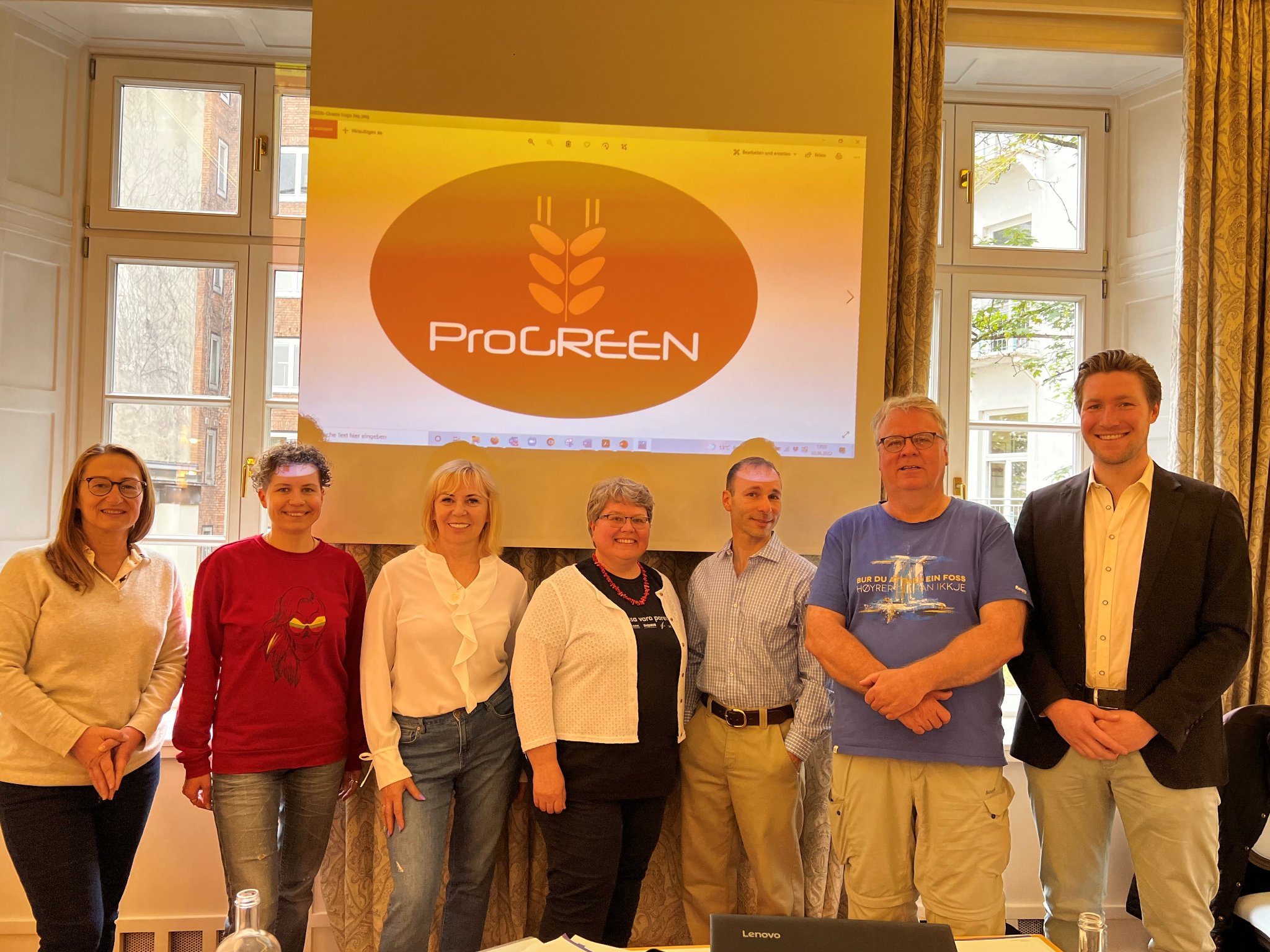
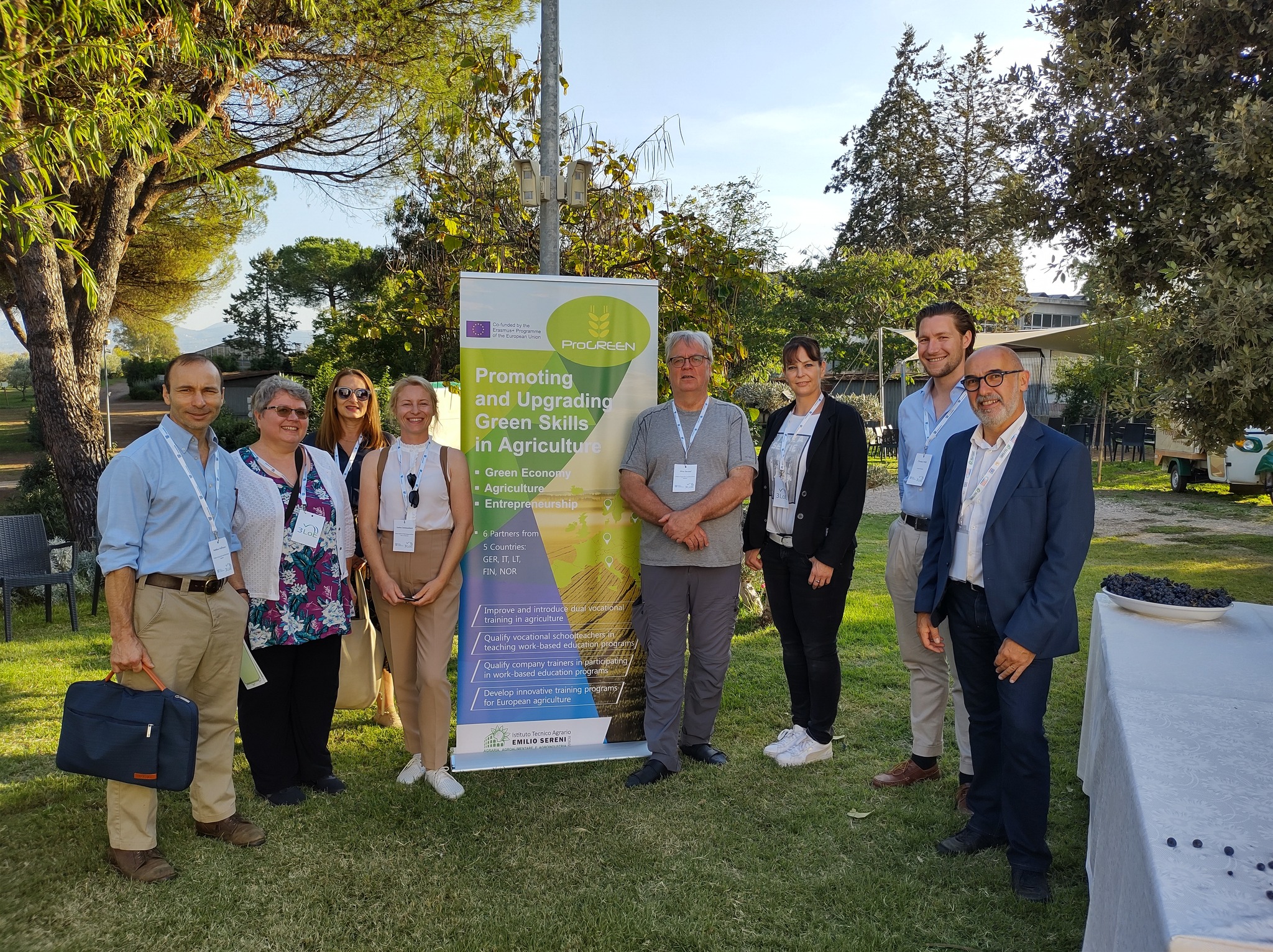
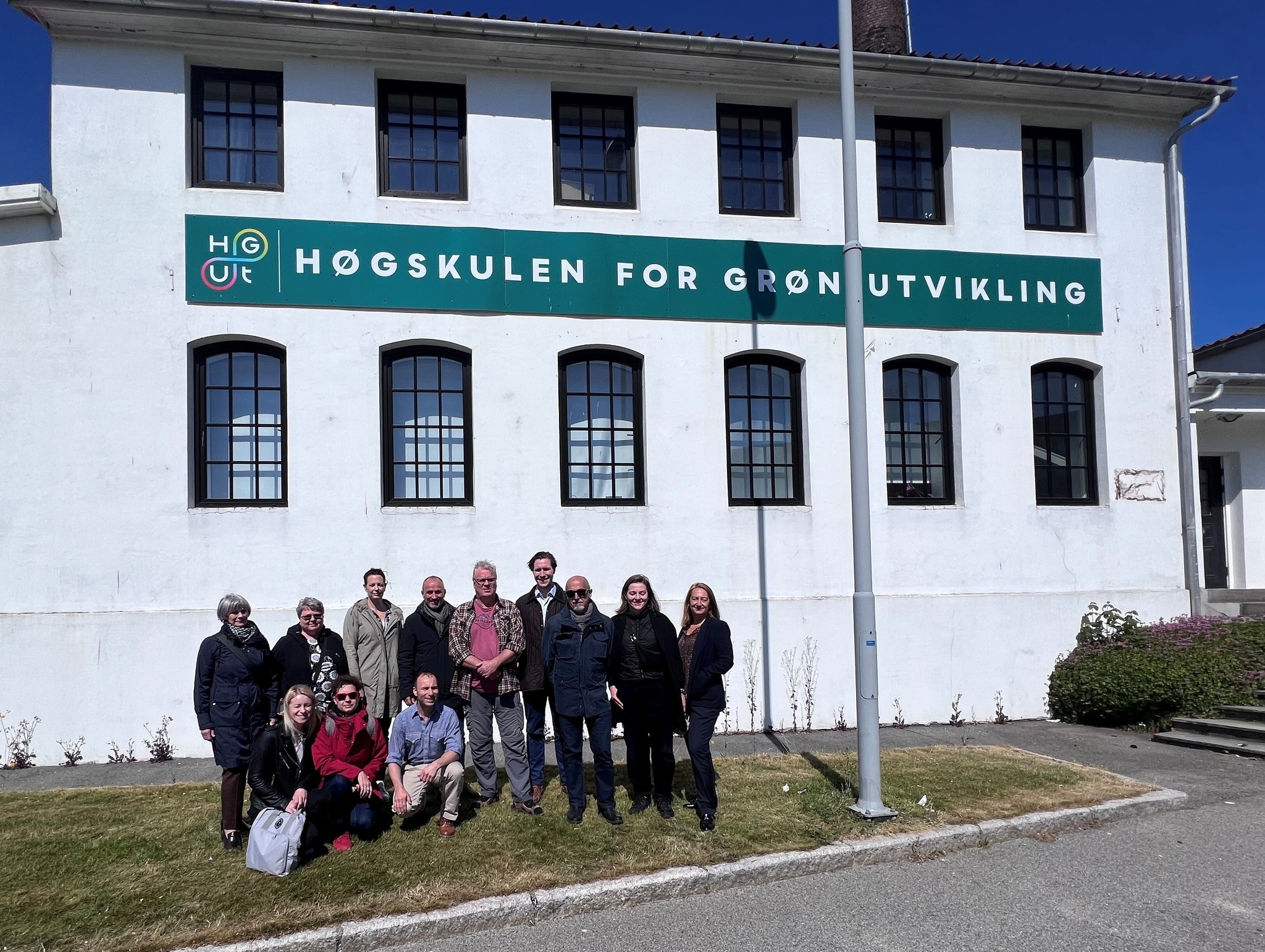
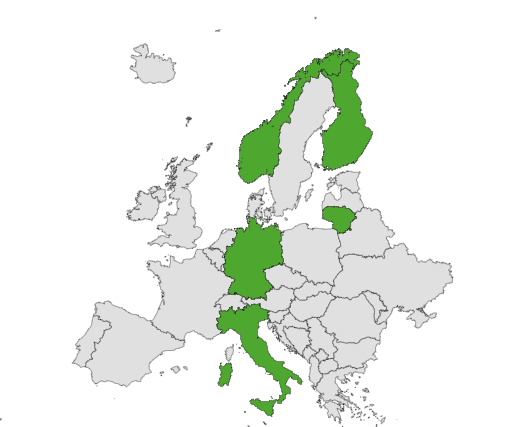
Partners
From supporting small and medium-sized enterprises to developing forward-looking educational programmes, our network brings together experts from a variety of fields. Click here to find out more about our partners and see how we work together on green projects and sustainable developments.
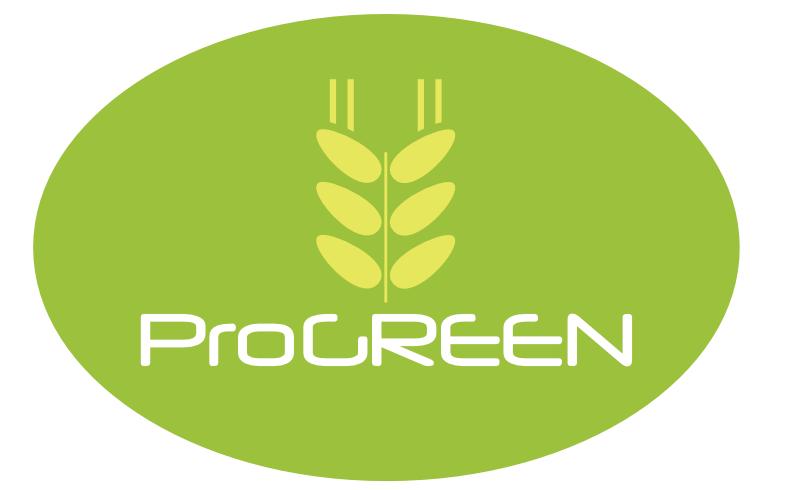

Funded by the European Union. Views and opinions expressed are however those of the author(s) only and do not necessarily reflect those of the European Union or the European Education and Culture Executive Agency (EACEA). Neither the European Union nor EACEA can be held responsible for them.



